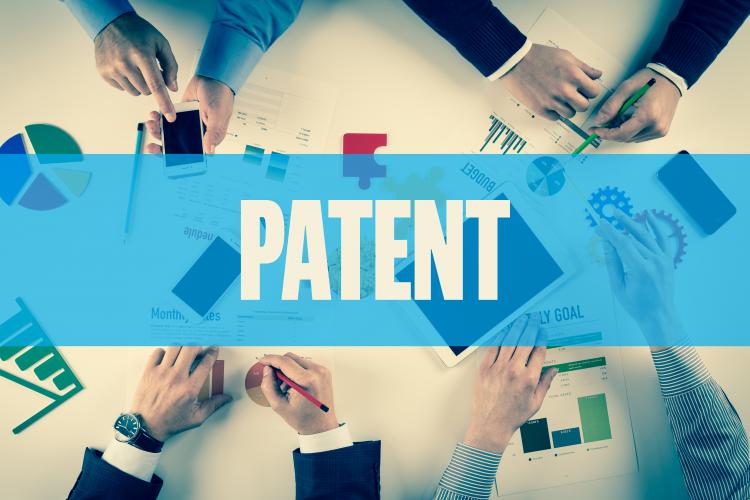
On May 30, 2017, in Impression Products, Inc v Lexmark International, Inc, the United States Supreme Court held that “a patentee’s decision to sell a product exhausts all of its patent rights in that item, regardless of any restrictions the patentee purports to impose or the location of the sale”.
The patentee, Lexmark International, Inc, sells printer toner cartridges to consumers in the US and abroad through two programs. It sells toner cartridges at full price with no restrictions. It also sells them at a discount through its “Return Program”. In exchange, a customer signs a contract agreeing to use the cartridge only once and to refrain from transferring the empty one to anyone but Lexmark (single-use/no-resale restriction).
Impression Products, Inc refurbishes and resells cartridges originally sold by Lexmark in the US or abroad.
Lexmark sued Impression for patent infringement. Impression asserted patent exhaustion, arguing that Lexmark exhausted all of its patent rights when it sold the cartridges domestically or abroad, regardless of the single-use/no-resale restriction.
Regarding Lexmark’s domestic sales under the Return Program, the Supreme Court concluded that Lexmark exhausted its patent rights in these cartridges the moment it sold them and that the single-use/no-resale restriction was not enforceable under patent law. The Supreme Court relied on the common law principle against restraints on alienation. It reasoned that once a patentee sells an item, it has “enjoyed all the rights secured” by the patent monopoly and that item becomes the “private, individual property” of the purchaser with all of the rights and benefits of ownership.
The Supreme Court applied a similar rationale to Lexmark’s international sales, holding that “nothing in the text or history of the Patent Act shows that Congress intended to confine that borderless common law principle to domestic sales”.
Summary By: Junyi Chen
E-TIPS® ISSUE
Disclaimer: This Newsletter is intended to provide readers with general information on legal developments in the areas of e-commerce, information technology and intellectual property. It is not intended to be a complete statement of the law, nor is it intended to provide legal advice. No person should act or rely upon the information contained in this newsletter without seeking legal advice.
E-TIPS is a registered trade-mark of Deeth Williams Wall LLP.